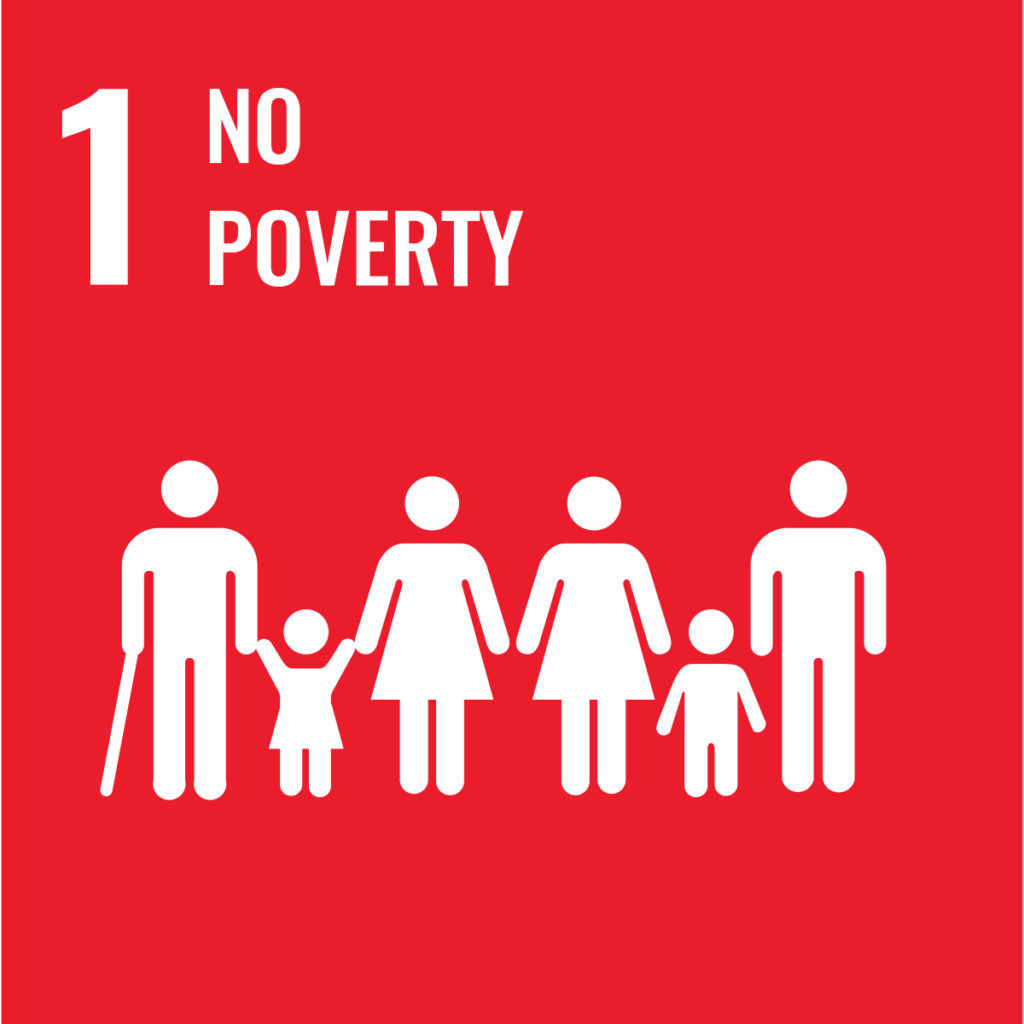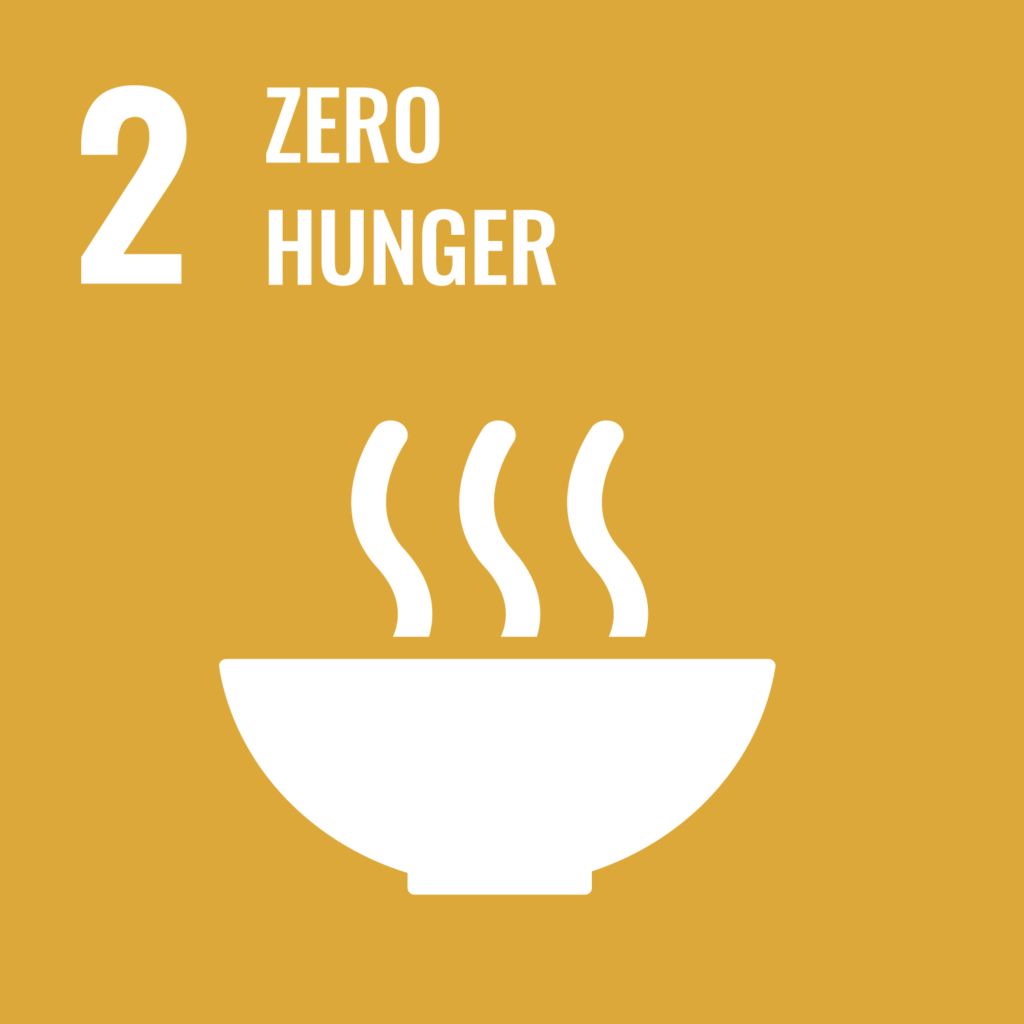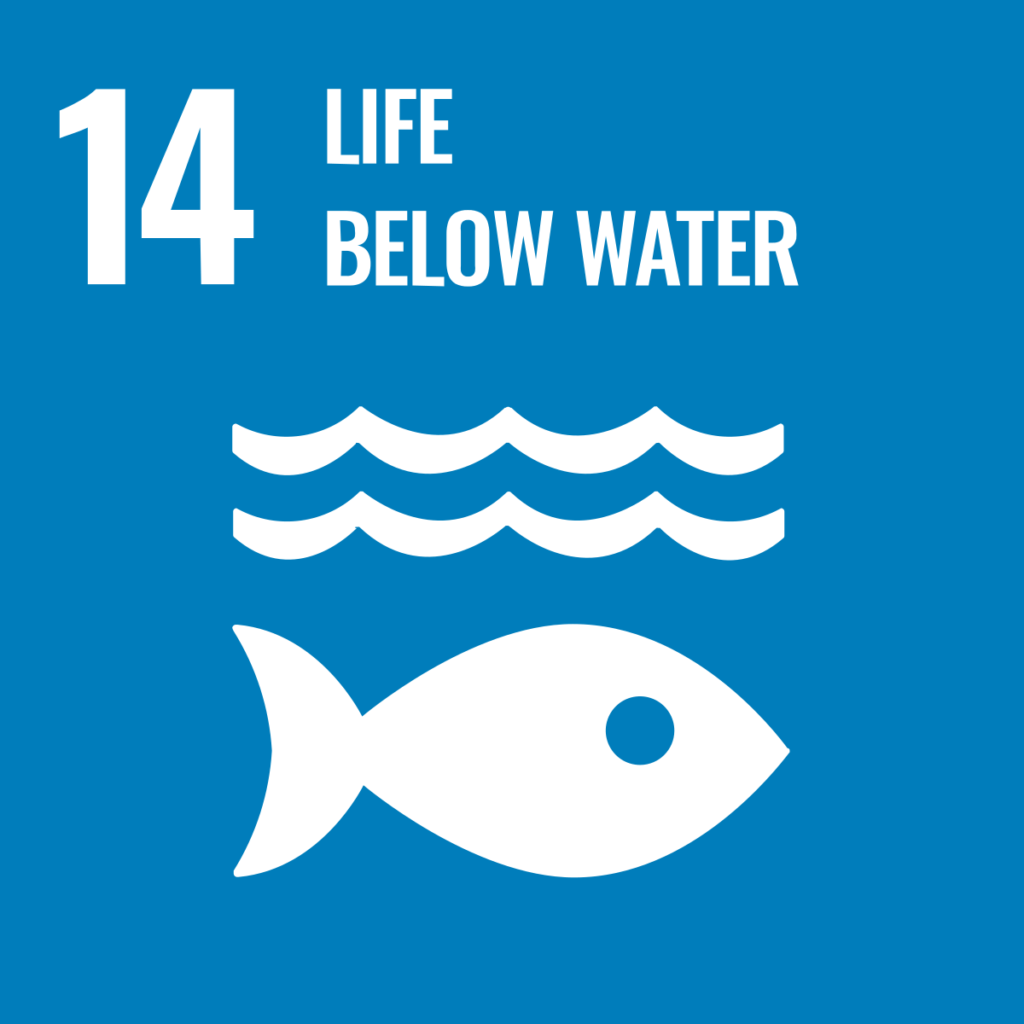As the world faces challenges in preserving the environment, CNU recognizes the need to integrate environmental sustainability into its curriculum. One such integration is the “Seed of Hope” project. It is a tree-planting, educational tour, and community visit to the Municipality of San Fernando. CNU periodically organizes similar mission-driven events that address deforestation, combat climate change, and foster a lasting legacy of environmental consciousness among participants.
CNU continues to expand its efforts to bring this goal into a wider scope by actively engaging in research and publishing its studies in top-tier academic journals. A few of these studies look into matters such as: an alternative solution to the use of synthetic pesticides; exploring the use of biological control to combat plant disease; appraising native and alien plant species in disturbed forests and its economic value; as well as, investigating floral diversity in communities in relation to anthropogenic activities.
Supporting land ecosystems through education
Events about sustainable use of land
Support or organise events aimed to promote conservation and sustainable utilisation of the land, including forests and wild land
Sustainably farmed food on campus
Have policies to ensure that food on campus is sustainably farmed
Maintain and extend current ecosystems’ biodiversity
Work directly to maintain and extend existing ecosystems and their biodiversity, of both plants and animals, especially ecosystems under threat
Educational programmes on ecosystems
Offer educational programmes on ecosystems (looking at wild flora and fauna) for local or national communities?
Free √
Sustainable management of land for agriculture (educational outreach)
Offer educational programme/outreach for local or national communities on sustainable management of land for agriculture
Free √
Sustainable management of land for tourism (educational outreach)
Offer educational programme/outreach for local or national communities on sustainable management of land for tourism
Free √
Supporting land ecosystems through action
Sustainable use, conservation and restoration of land (policy)
Have a policy to ensure the conservation, restoration and sustainable use of terrestrial ecosystems associated with the university, in particular forests, mountains and drylands
Monitoring IUCN and other conservation species (policies)
Have a policy to identify, monitor and protect any IUCN Red Listed species and national conservation list species with habits in areas affected by the operation of your university
Local biodiversity included in planning and development
Include local biodiversity into any planning and development process (e.g. construction of new buildings)
Alien species impact reduction (policies)
Have a policy to reduce the impact of alien species on Campus
Collaboration for shared land ecosystems
Collaborate with the local community to maintain shared land ecosystems
Land sensitive waste disposal
Water discharge guidelines and standards
Have water quality standards and guidelines for water discharges (to uphold water quality in order to protect ecosystems, wildlife, and human health and welfare)
Policy on plastic waste reduction
Have a policy on reducing plastic waste on campus
Policy on hazardous waste disposal
Have a policy, process or practice on waste disposal covering hazardous materials
Trees have witnessed their demise through the symphony of relentless greed over the years, leaving only a diminishing chance to escape the clutches of capitalism. Every tree cut down is a countdown to the end of a lifeline. As an academic institution renowned for its dedication to proactive environmental sustainability, the university is actively engaged in pursuing its mission in alignment with the Sustainable Development Goals (SDGs). Specifically, Goal 15, which focuses on Life on Land, served as the driving force behind the tree-planting campaign.
Against the backdrop of alarming environmental concerns, “Seed of Hope” served as a poignant reminder that every sapling planted today will be the foundation of a healthier and greener tomorrow. This emerged as a unifying call to action for environmental enthusiasts and concerned citizens alike. Organized by Cebu Normal University (CNU), this mission-driven event aimed to address deforestation, combat climate change, and foster a lasting legacy of environmental consciousness.
Under the radiant morning sun, volunteers of all ages, along with graduate students from CNU, assembled in San Fernando, Cebu, on October 21, 2022. They were armed with shovels, a hundred seedlings, and an unwavering determination to bring about a positive change in every seed. The atmosphere buzzed with anticipation as students shared their insights on the crucial role of trees in mitigating climate change, purifying the air we breathe, and conserving invaluable ecosystems. Even if their hands are getting dirty, their hearts are brimming with hope. Knowing the empty holes in the soil will be transformed into flourishing green sanctuaries years from now.
The impact of “Seed of Hope” extends beyond a single event. It reverberates through the hearts and minds of those who took part, emphasizing that collective action can shape a better world. With renewed enthusiasm and determination, the community continues to nurture these seedlings, fostering a legacy of green landscapes and a sustainable future for generations to come. Together, we can sow the seeds of a brighter tomorrow, one tree at a time.
On June 11, 2023, the CNU-VSMMC College of Medicine Student Council headed by President Marc Jebrick Illustrisimo, together with COM ESD Focal Person Dr. Luisa Ko and Dr. Ryan Ko, conducted a tree-planting activity in Sapangdaku, Guadalupe Cebu City. The barangay is located in an elevated rural section of the otherwise urban city scene, with a population of 8,214 (Philatlas, 2021), and maintaining a mostly agricultural environment with many of its locals’ livelihood still dependent on the sale of fruits and vegetables. Through the efforts of Dr. Ryan Ko, DENR Region 7 representatives identified the partner community and provided expert advise on the ecologically appropriate species of trees to be procured. A representative from the local community, Ms. Susana Hatagan states that they have been recipients of previous tree planting activities by other DENR and NGO partnerships and are continuously reaping the benefits of the mature fruit-bearing mango and guyabano trees. For the College of Medicine sponsorship this year, they have requested 120 Guyabano seedlings, as the trees are known for early maturity, prolific longevity and potential to prevent soil erosion and landslides in their mountainous locale. This activity was undertaken as part of the Green Initiative of the College, to foster the Institutional graduate outcome to be Protectors of Nature and transformative community leaders. Simple efforts as tree-planting activities, when done properly and with due diligence, can address multiple Unicef SDGs, encouraging local partnerships and empowering communities to engage in environmentally responsible and economically beneficial green endeavors.







